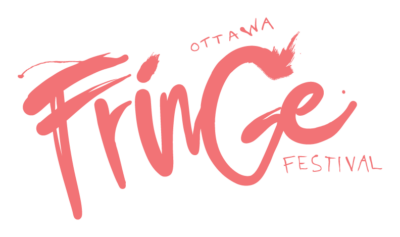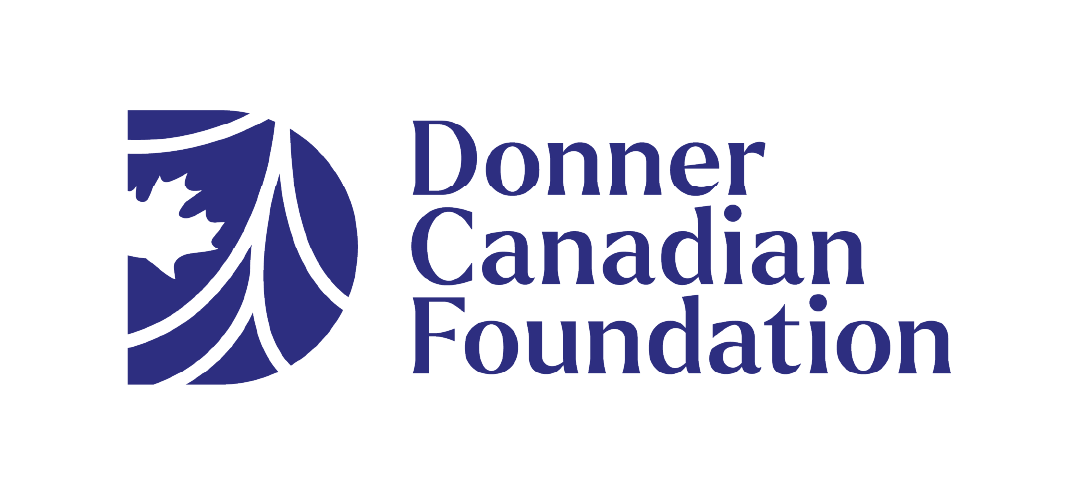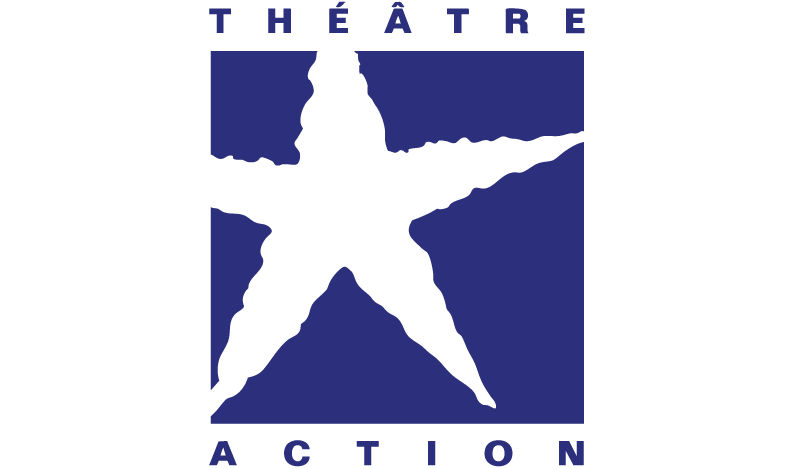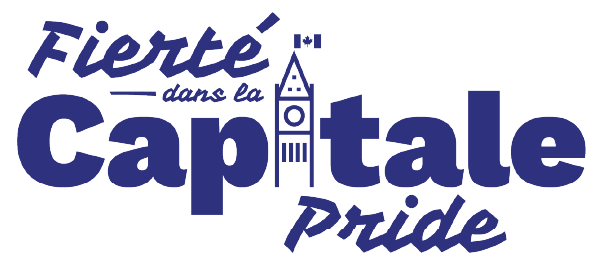Interview: Dying Hard, Mikaela Dyke
“I’m the straightest Dyke you’ll ever meet,” says Mikaela Dyke of her name – it’s clearly something she’s had to tackle head on. Humour is her tool of choice, braced by warmth and modesty, making her very easy to talk to.
Mikaela is performing in a one-woman show, Dying Hard, at the Club SAW venue this week. It’s a show she’s obviously passionate about, often getting sidetracked about the current status of the mine which is the subject of the play – while describing the play – to prospective patrons. Based on a book of the same name by anthropolgist Elliott Leyton, the show uses verbatim theatre to tell the story of a community hard-hit by a mine with poor management. “The community was hurt pretty badly by the opening of two mines just outside of St. Lawrence, Newfoundland,” says Mikaela; “there were really horrible working conditions, they were opened before we joined Canada in the thirties. After we joined Canada, it started coming out that people weren’t dying because of tuberculosis, people were dying because of silicosis and lung cancer, that they had all gotten because of the poor working conditions in these mines. So this anthropologist, Elliott Leyton, who is a very generous and kind man, he went down and took interviews with these guys.”
In the verbatim theatre style, the original account from the source subject is paramount; you don’t take any licence in modifying what they say. “When I read the book, I thought, ‘these would make amazing monologues, I would really like to see these on stage.’ I perform six editted versions of these interviews, four men and two women; they’re really beautiful and cool stories. It really pleases me to be able to bring these stories, because they’re so strong. Everyone thinks it’s a sad or depressing show, and it’s not really, because when you watch these people, every last one of them is strong in their own way. And when you see the way that these people deal with this horrible thing that’s happening with them, you can’t help but leave (I hope) feeling like there are things that are okay in your own life, and whatever you come up against is not going to be too hard of a struggle.”
 Serious shows steeped in history often have to contend with being seen as issues-based plays, fighting to find an audience where people often seek shows which don’t force them to think too hard. But Mikaela doesn’t see this play as fighting for a cause.“If you read the book – no one is clearly to blame, in the book. And I think that’s part of what’s frustrating about these stories, and part of the reason I wanted to tell these stories. Because there is no one specific, you can’t go, it was this corporation. It was the government. It was this one man. You can’t say that in this particular case, it’s very difficult to do that. What you do see are people whose lives are changed, irrevocably changed. It’s not an issues play in terms of that – we don’t stress any kind of one side or another. We’re more interested in getting these stories brought to light.”
Serious shows steeped in history often have to contend with being seen as issues-based plays, fighting to find an audience where people often seek shows which don’t force them to think too hard. But Mikaela doesn’t see this play as fighting for a cause.“If you read the book – no one is clearly to blame, in the book. And I think that’s part of what’s frustrating about these stories, and part of the reason I wanted to tell these stories. Because there is no one specific, you can’t go, it was this corporation. It was the government. It was this one man. You can’t say that in this particular case, it’s very difficult to do that. What you do see are people whose lives are changed, irrevocably changed. It’s not an issues play in terms of that – we don’t stress any kind of one side or another. We’re more interested in getting these stories brought to light.”
“The show itself has an arc, but it is six separate monologues. At the beginning I do introduce the show, and let everyone know what it’s about. And then I introduce each character with their name, and then showcase each character. Everyone has their own costume piece: a simple piece for each character, I’ll take off a sweater and put on a jacket, kind of thing. Each story underlines a different part of what was going on. So there is an arc to it, and I hope people will find that when they watch it. Nobody’s ever told me that it’s disjointed.”
 The recipe that makes up Mikaela Dyke seems to lead inevitably to the Fringe: an Improv background (she started performing in the Canadian Improv Games, eventually coaching and the running the games for a spell), Shakespeare by the Sea in St. John’s, and eventually a Master’s degree in Dramaturgy in Toronto. When she was brought on board a Fringe show called Reflections on Giving Birth to a Squid, which toured across Canada in 2009, she was hooked. “This is my third year doing Fringe,” she says, “When I discovered Fringe, I thought, ‘Oh, this is clearly amazing.’ Somebody dared me to do a one-woman show: and so, I did.”
The recipe that makes up Mikaela Dyke seems to lead inevitably to the Fringe: an Improv background (she started performing in the Canadian Improv Games, eventually coaching and the running the games for a spell), Shakespeare by the Sea in St. John’s, and eventually a Master’s degree in Dramaturgy in Toronto. When she was brought on board a Fringe show called Reflections on Giving Birth to a Squid, which toured across Canada in 2009, she was hooked. “This is my third year doing Fringe,” she says, “When I discovered Fringe, I thought, ‘Oh, this is clearly amazing.’ Somebody dared me to do a one-woman show: and so, I did.”
She’s going to have a busy summer. “I got lucky and got into a bunch of festivals this year – I got every one I applied for,” she says. She’s already been to the Orlando Fringe, where she was warmly received, and after Ottawa, will be heading west to Swift Current, Winnipeg and then Calgary – and possibly Edmonton. “I’m number two on the waiting list in Edmonton, and I’m not sure if I’m going to get in. Number two is pretty good, but the problem is that people don’t really drop out [of Edmonton], and they might drop out with a week to go, in which case I won’t be in the program, so it’s harder to sell… but I love Edmonton a lot, and I have very good press that I wouldn’t mind going back and capitalizing on…”
While it may seem easy to produce a show in the verbatim tradition, in that you just use the words as they’re given to you, Mikaela has worked for the last eighteen months to craft the characters behind the words. “I can’t go and talk to most of them – I think some of the women are still alive, maybe one or two of the men – but I did have access to the original interview tapes. For this show, we decided not to do exact repetition – some verbatim is exact repetition, all the um’s and ah’s – we decided against doing that for two reasons, one was that it was difficult for me to get some of them exactly, and also the way that it’s editted together, sometimes it didn’t quite follow.”
 Mikaela has done a lot of work on the script and personality of the show, but she credits her director, Toronto-based Dahlia Katz, with the physicality of it. “My director is a puppeteer, and she’s fantastic. I can’t sing her praises enough. Without her, the show would be completely different in a bad way; I had this idea going into and she said, ‘no, you’re going to do this’ and threw out all of it. But I hired her because I really trust her and she’s done a phenomenal job. She helped me design the physical side of things, to define the physical character traits for each person. And come up with things that they have which are theirs, so that I’m not on stage doing the characters, it’s them.”
Mikaela has done a lot of work on the script and personality of the show, but she credits her director, Toronto-based Dahlia Katz, with the physicality of it. “My director is a puppeteer, and she’s fantastic. I can’t sing her praises enough. Without her, the show would be completely different in a bad way; I had this idea going into and she said, ‘no, you’re going to do this’ and threw out all of it. But I hired her because I really trust her and she’s done a phenomenal job. She helped me design the physical side of things, to define the physical character traits for each person. And come up with things that they have which are theirs, so that I’m not on stage doing the characters, it’s them.”
So with eighteen months of work and dozens of performances under her belt, is the show complete? For Mikaela, it’s a complicated question. “It’s a finished product for me in terms of the script structure, and what we have built in. It’s not choreographed. It could get to a point where it was, and then it would be very easy for me to just go through the motions, but I always try to find something to work on in every performance that I do. I’m always thinking, ‘this is the performance where I’ve got to remember to do this more. Because as an actor it’s boring if you don’t constantly work and constantly fight to get better. So yes, it’s finished, but it doesn’t mean that I’m not still working on it when I’m performing. You’re never happy.”
Dying Hard plays at the Club SAW venue in the Arts Court.





























